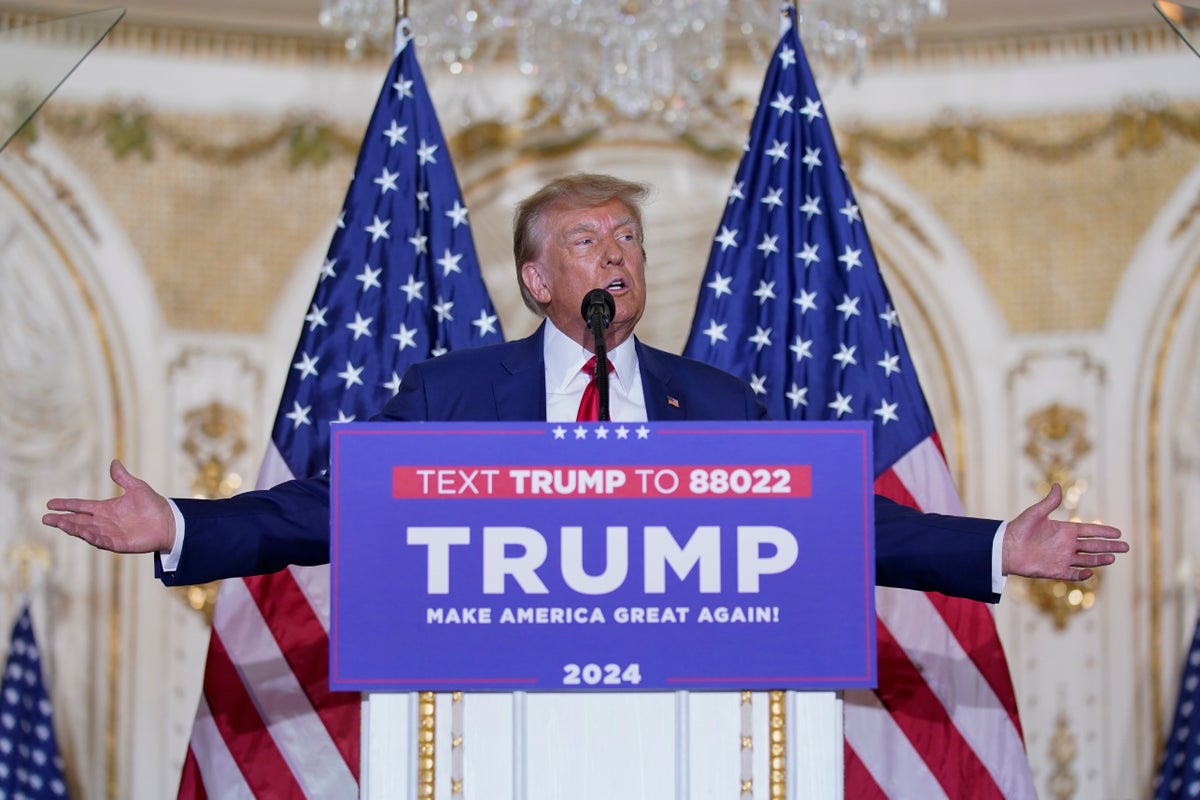
The Federal Election Commission sent a letter ordering former president Donald Trump to comply with election law and file his financial disclosures after he missed the deadline, Raw Story reported.
Mr Trump had previously applied for and was granted two extensions to file his financial disclosures. But on 15 March, a lawyer for the former president, Derek Ross, requested another 30-day extension because of the “complexities of his financial holdings.”
The FEC rebuffed the request.
“As no further extension of time is available, Mr. Trump’s deadline for filing his personal financial disclosure report remains March 15, 2023,” Linda Stevenson, the acting FEC general counsel wrote back on 16 March. “Under section 104(d) of the Ethics in Government Act of 1978, as amended, '[a]ny individual who files a report required to be filed under this title more than 30 days after [the due date, as extended] shall … pay a filing fee of $200.”
All presidential candidates must file a financial disclosure. Such a filing would reveal information about his income, royalties, assets and debts. These disclosures include much fewer details than tax returns, which Mr Trump refused to release, and later led to Democrats filing a lawsuit to obtain.
Dylan Hedtler-Gaudette, government affairs manager at the Project on Government Oversight, told Raw Story that the law serves as a poor deterrent given campaigns only have to pay a $200 fine.
“As is true in other contexts, like the STOCK Act, when consequences are virtually nonexistent and punishment is nominal at best, the deterrent effect of these kinds of rules is minimal,” he said, in reference to the law that is supposed to prohibit members of Congress trading stock using information they would be privy to in their capacity as elected officials.
“A law without teeth to enforce it is an exercise in futility in most cases, even if we should be able to trust elected officials and political candidates to abide by them out of respect and propriety,” he said.







